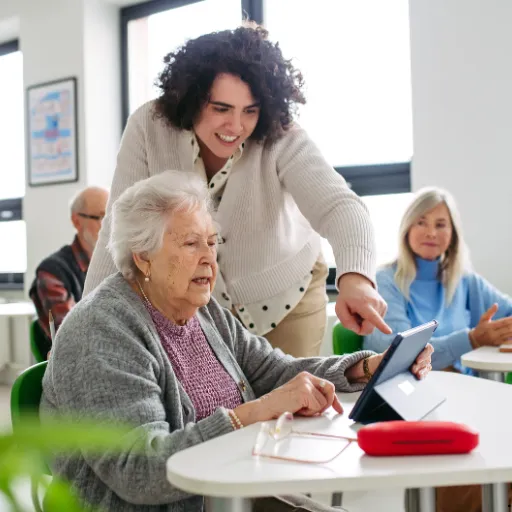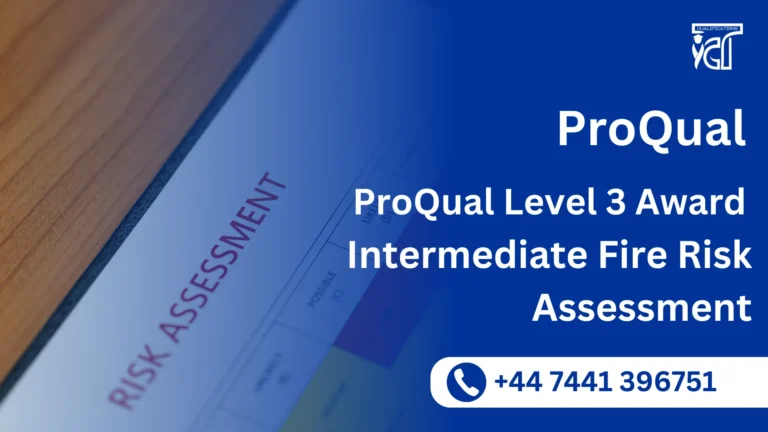Healthcare and Social Care Support Skills
Building stronger foundations in health and social care


Course Level
Level 3
Course Type
Ofqual Regulated
Awarding Body
ProQual
Duration
4 to 6 months
Study Mood
Online
Assessment
Assignments Based
Course Overview
What is this course
The ProQual Level 3 Award in Healthcare and Social Care Support Skills is a professional qualification designed for those looking to begin or advance their careers in the healthcare and social care sectors. It provides learners with essential knowledge, practical skills, and a deeper understanding of care practices to deliver high-quality support services across a variety of settings.
As an Ofqual-regulated qualification, it meets the UK’s national standards, ensuring that learners receive credible, industry-recognized training. The course is entirely assignment-based, making it an excellent option for individuals who prefer coursework over traditional examinations.
This qualification is particularly suited to those working in, or aspiring to join, healthcare and social care environments such as hospitals, residential care homes, community care, and rehabilitation centers. Learners will gain the fundamental skills required to provide effective, compassionate, and professional support.
With its flexible, assignment-driven structure, the ProQual Level 3 Award in Healthcare and Social Care Support Skills is ideal for busy professionals and aspiring care workers. It offers a valuable opportunity to earn industry-recognized credentials, enhance practical abilities, and progress towards a rewarding career in healthcare and social care.
Course Content
Detailed Curriculum Structure
To achieve the ProQual Level 3 Award in Healthcare and Social Care Support Skills: Candidates must achieve 6 credits from any combination of units.
Who Should Attend
Target Audience and Participants
- Aspiring healthcare and social care professionals who want to build a strong foundation of skills and knowledge
- Current care workers, support staff, and assistants seeking to enhance their expertise and progress in their careers
- Individuals working in hospitals, residential care homes, community care, or rehabilitation centers who want to improve service delivery
- Volunteers and community workers looking to gain formal recognition for their skills in supporting others
- Anyone interested in pursuing a rewarding career in healthcare or social care
Career & Learning Benefits
Skills, Knowledge & Opportunities You Will Earn
- Earn a nationally recognized, Ofqual-regulated qualification that strengthens your professional credibility
- Gain essential knowledge and practical skills to deliver high-quality care and support services
- Learn how to work effectively in diverse settings such as hospitals, care homes, community care, and rehabilitation centers
- Enhance your ability to provide compassionate, person-centered care tailored to individual needs
- Improve your communication, teamwork, and problem-solving skills—key competencies in healthcare and social care roles
- Flexible, assignment-based learning allows you to study at your own pace without formal exams
- Boost your career prospects in healthcare and social care, opening pathways to advanced qualifications and leadership roles
- Develop confidence to meet industry standards and best practices in care delivery
- Strengthen your ability to support vulnerable individuals and make a positive impact in your community
- Build a strong foundation for career progression into supervisory or specialist care roles
Need More Information?
Frequently Asked Questions Explained
Enrollment Criteria
Minimum Eligibility Criteria for Enrollment
Lock In Your Spot
Get in Touch
+44 2035 764371
+44 7441 396751
info@ictqual.co.uk
www.inspirecollege.co.uk









